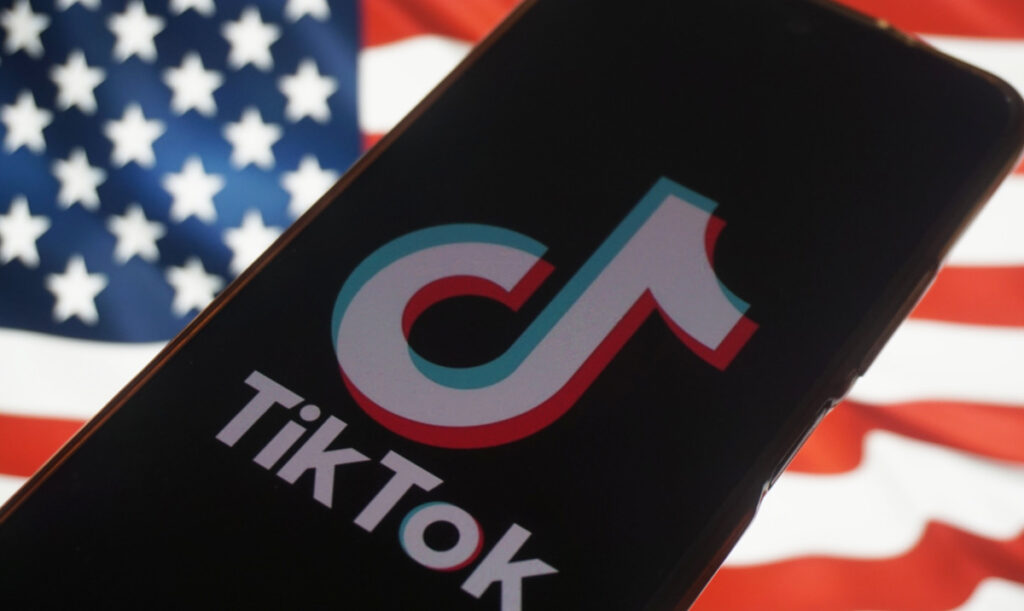
Whew! Socialites, get all the way into this, In a landmark decision on Friday, the Supreme Court unanimously upheld a federal law that mandates a ban on TikTok, effective Sunday, unless the popular social media platform is sold by its China-based parent company.
The ruling stresses the court’s belief that the national security risks associated with TikTok’s connections to China outweigh any potential infringement on the free speech rights of its 170 million American users.
“There is no doubt that, for more than 170 million Americans, TikTok offers a distinctive and expansive outlet for expression, means of engagement, and source of community,” the ruling says. “But Congress has determined that divestiture is necessary to address its well-supported national security concerns regarding TikTok’s data collection practices and relationship with a foreign adversary.”
RELATED:US Employees Guaranteed Jobs Despite Potential TikTok Ban
The court’s ruling adds, “For the foregoing Per Curiam reasons, we conclude that the challenged provisions do not violate petitioners’ First Amendment rights. The judgment of the United States Court of Appeals for the District of Columbia Circuit is affirmed.”
Interestingly, this decision arrives just a day after news surfaced that President Biden would not enforce the anticipated TikTok ban coinciding with the inauguration of President-elect Trump. An administration official informed the Associated Press that the decision regarding the ban’s implementation will be left to Trump, who has expressed intentions to negotiate a resolution.
As of now, the prospect of a sale does not seem imminent. However, Experts caution that while the app will remain functional for existing users, new downloads will be prohibited, and updates will cease, ultimately rendering the app impractical for use, as noted in court filings by the Justice Department.
Concerns surrounding TikTok primarily revolve around its extensive data collection practices, which include sensitive user information that could potentially be accessed by the Chinese government through coercive means. U.S. officials have also raised alarms about TikTok’s algorithm, suggesting it is susceptible to manipulation by Chinese authorities, which could allow them to influence the content seen by users in a covert manner.
In response, TikTok has refuted claims that the U.S. has provided any evidence indicating that China has attempted to manipulate content on its platform or collect data on American users through the app.